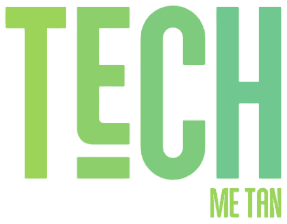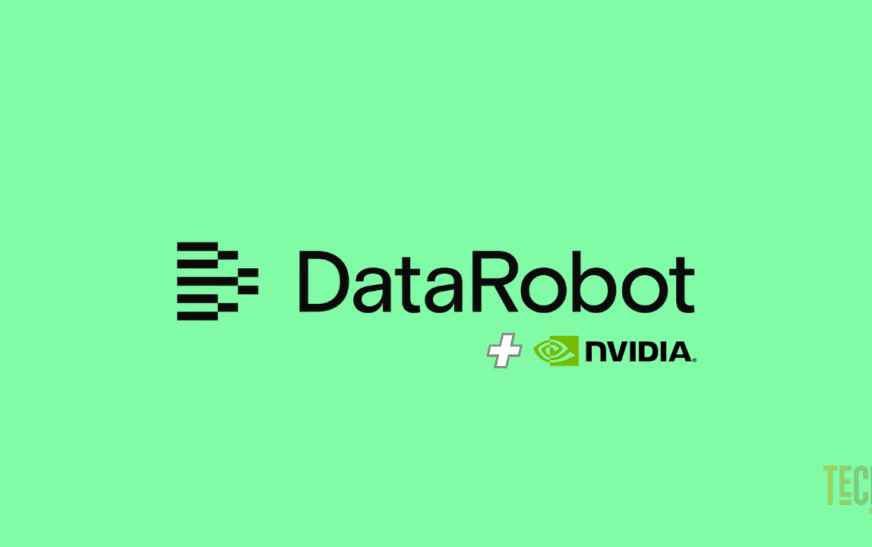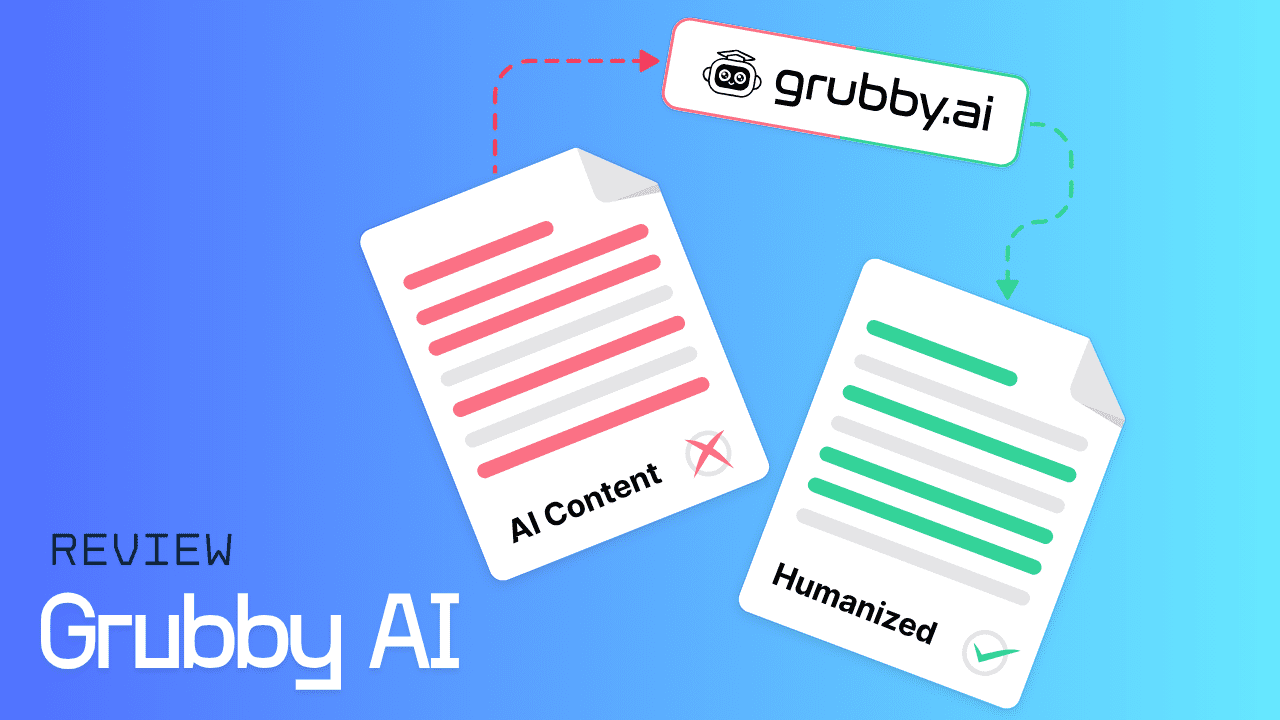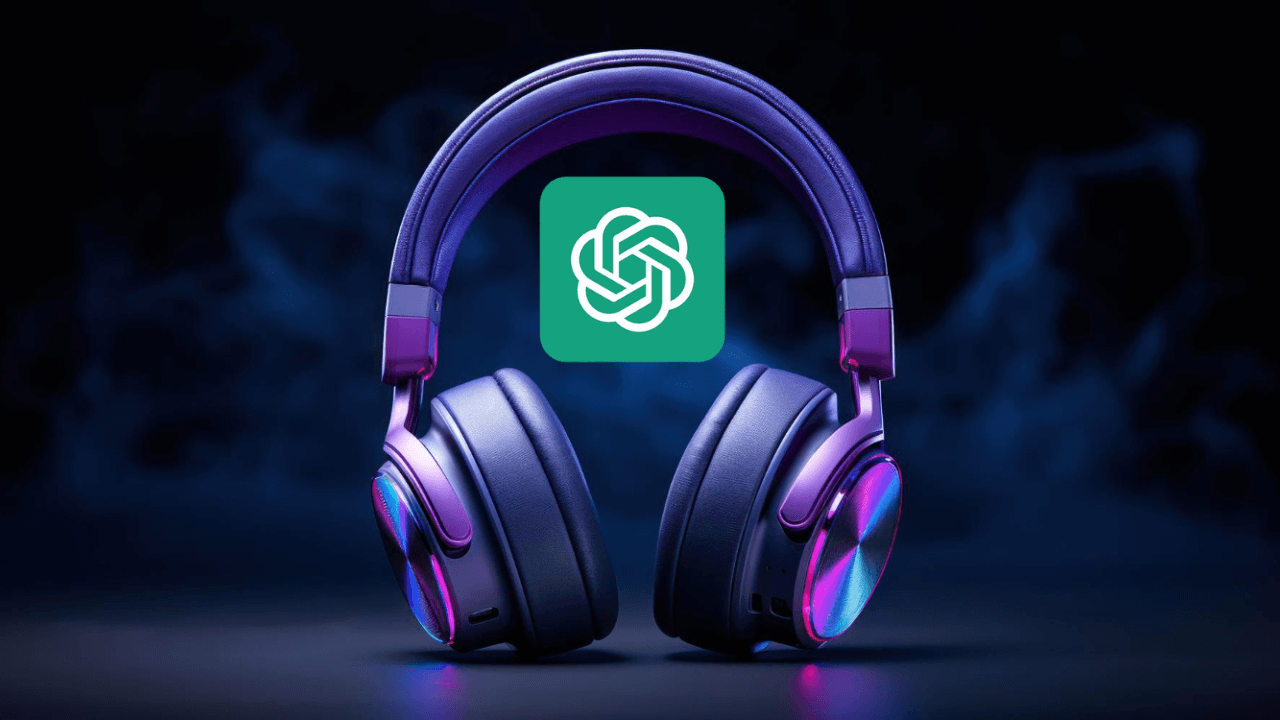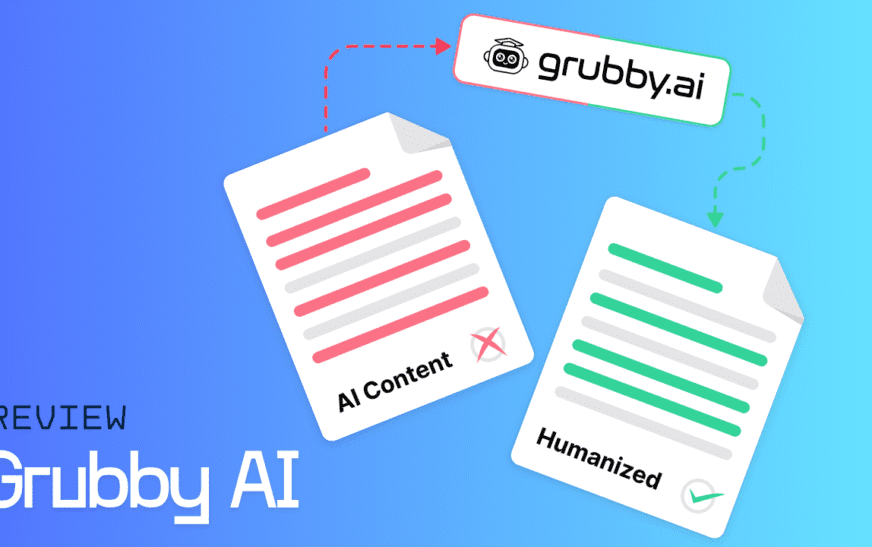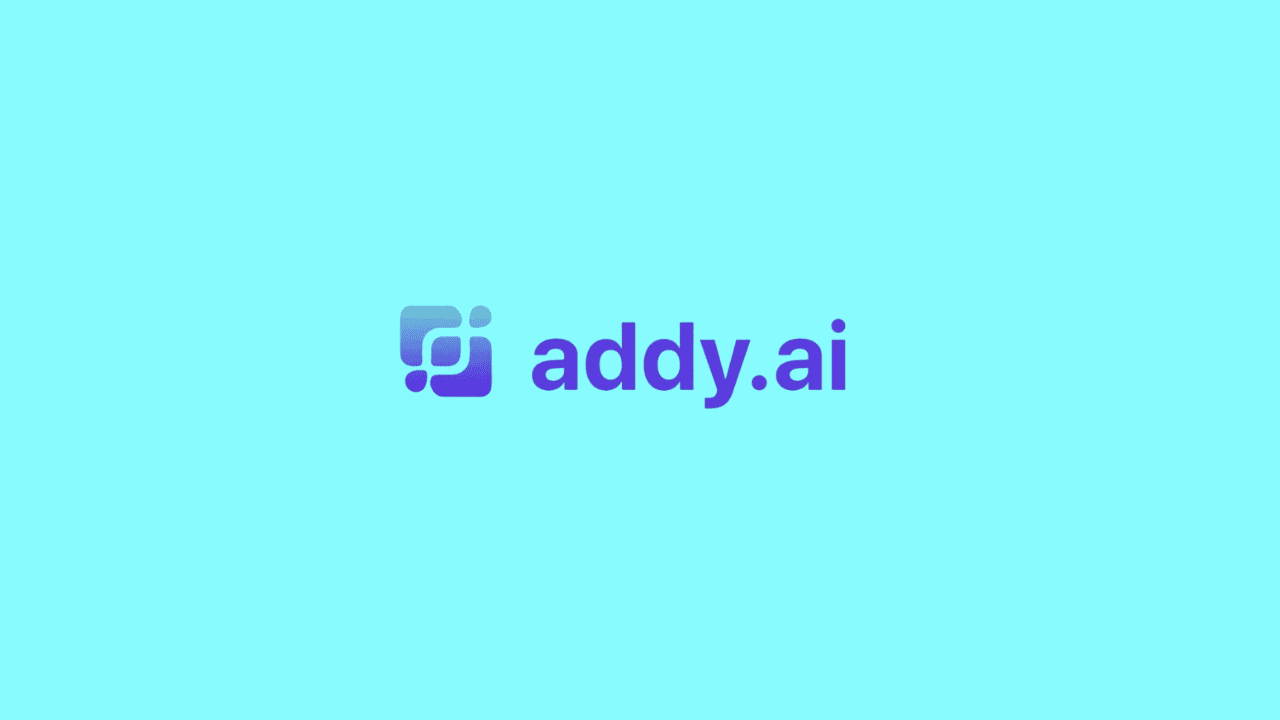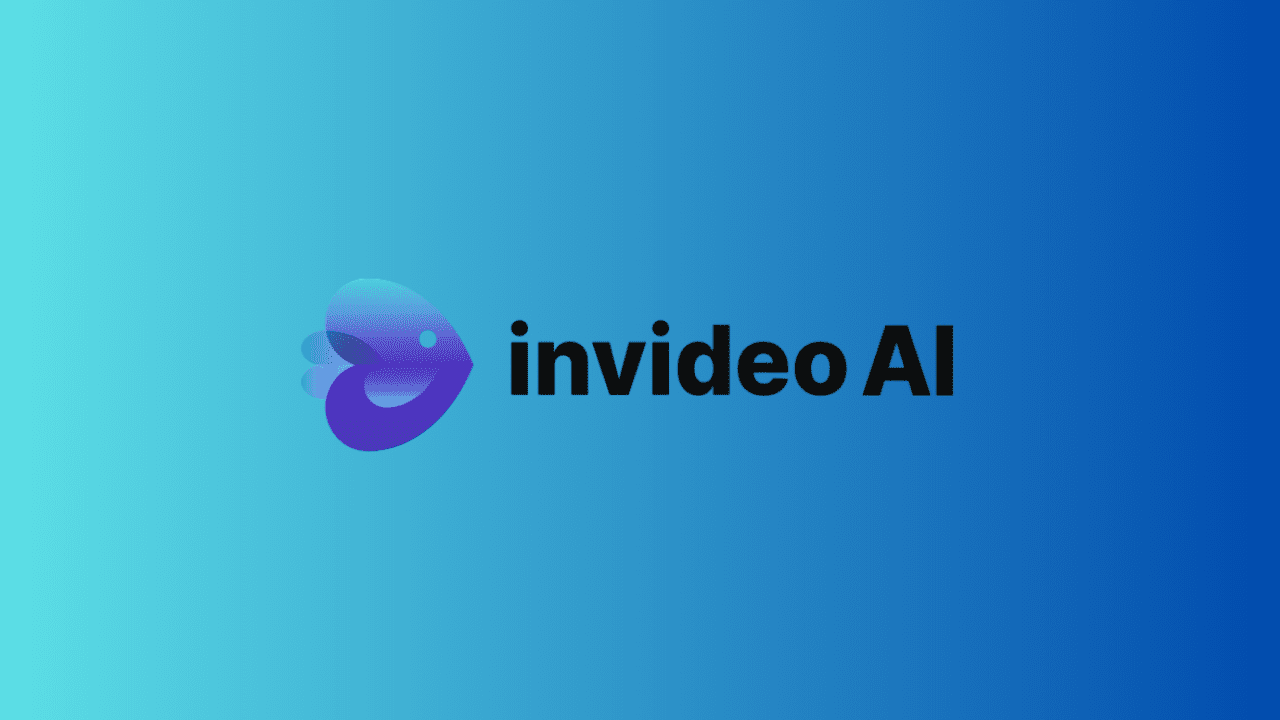Building an AI-powered tool or startup used to be something only big tech companies could afford. You needed data scientists, machine learning engineers, expensive infrastructure, and months of model tuning. But that’s changing fast.
Today, platforms like DataRobot are making it possible for startups and small teams to build, deploy, and scale AI-driven software, without hiring a large technical staff or spending a fortune.
In this article, we’ll explore what DataRobot does, how it simplifies AI software development, and why it can be a game-changer for early-stage startups.
What Is DataRobot?
DataRobot is an enterprise-grade AI and machine learning (ML) automation platform founded in 2012. Its mission is simple: to democratize AI, making it accessible to non-experts and businesses of all sizes.
Instead of requiring complex coding or ML knowledge, DataRobot provides a no-code interface that automates:
- Data preparation and cleaning
- Feature engineering
- Model selection and training
- Deployment and monitoring
Essentially, it helps you build and maintain predictive or generative AI models with just a few clicks.
The platform also integrates seamlessly with major cloud providers like Google Cloud, AWS, and Azure, allowing startups to scale as they grow.
DataRobot’s Proven Track Record
DataRobot’s impact in the AI and data science space isn’t just theoretical — it’s backed by massive real-world adoption.
According to a press release by PR Newswire, DataRobot announced that its customers have built more than 110 million predictive models using its enterprise machine learning platform. The milestone was revealed at the Strata + Hadoop World event, during the session “Data Science for Executives,” presented by DataRobot CEO and co-founder, Jeremy Achin.
This achievement validates the company’s mission to bring automated machine learning to every corner of the enterprise, proving that organizations around the world trust DataRobot to scale their AI operations efficiently.
For startups, this track record signals stability, reliability, and maturity, crucial factors when choosing an AI platform to build upon.
How DataRobot Helps Startups Build AI Software
Whether you’re building an AI-driven SaaS tool, a data analytics app, or a predictive business solution, DataRobot can act as your AI backbone. It takes care of the complex backend, so you can focus on user experience and product design.
Here’s how:
1. Acts as a “No-Code AI Engine” for Your App
If your product needs features like recommendation, automation, or prediction, DataRobot lets you add those AI capabilities without building models from scratch.
You can:
- Upload your dataset into DataRobot.
- Automatically train and optimize hundreds of models.
- Deploy the best-performing model as a REST API.
- Plug that API directly into your app or web platform.
For example:
- A SaaS app could predict which users are likely to cancel subscriptions.
- A fintech startup could detect unusual transactions for fraud prevention.
- An e-commerce tool could suggest personalized products in real-time.
💡 Think of it like this: you build your app’s front-end — DataRobot provides the intelligence behind it.2. Speeds Up AI Development and Time-to-Market
Startups thrive on speed. DataRobot can help you go from idea to working AI prototype in days instead of months.
Here’s why:
- It automates the entire machine learning workflow.
- You don’t need to write or debug code.
- It provides instant model comparisons to choose the best one.
For early-stage startups, this means you can launch an AI-powered MVP quickly, show results to investors, and validate your business idea faster than competitors.
3. Offers Built-in MLOps Infrastructure
Launching an AI model is just the beginning. You also need to:
- Monitor its accuracy over time.
- Detect data drift (when real-world data changes).
- Retrain models automatically.
- Manage versions and ensure compliance.
DataRobot includes MLOps (Machine Learning Operations) features that handle all of this. It’s especially useful for startups offering AI tools to multiple clients, you can deploy, track, and update multiple models from a single dashboard.
This helps you scale your product without scaling your infrastructure headaches.
4. Integrates Easily With Existing Tech Stacks
DataRobot is API-first, which means it fits easily into your existing software ecosystem.
You can integrate it with:
- Programming languages: Python, Java, Node.js, R
- Databases: Snowflake, BigQuery, Databricks
- Analytics tools: Tableau, Power BI, Excel
- Clouds: Google Cloud, AWS, Azure
This flexibility means you can add AI to your current app without having to rebuild it from scratch.
5. Supports Generative AI and LLM Workflows
DataRobot isn’t limited to traditional predictive modeling. It now supports Generative AI and LLM (Large Language Model) workflows.
This allows startups to build:
- AI chatbots and assistants
- Automated research tools
- Customer support copilots
- Smart content or data generation apps
It can even connect to models from OpenAI, Anthropic, and Google Vertex, helping you combine your structured data (like customer info or transaction logs) with large language models for more contextual, business-aware AI tools.
6. Helps Startups Monetize AI Quickly
Every startup wants to prove value fast. With DataRobot, you can:
- Build and test multiple AI use cases in parallel.
- Deploy them instantly as APIs for customers.
- Turn those APIs into paid AI features or standalone SaaS products.
Instead of hiring a large AI team or building an ML infrastructure, you can monetize your data and insights faster, turning predictions into profit.
7. Delivers Explainability and Compliance
When startups build AI products, one challenge is explaining how and why their models make decisions, especially in regulated industries like finance or healthcare.
DataRobot offers Explainable AI (XAI) tools that show:
- Which features influence predictions most.
- Why a particular outcome was chosen.
- How the model is performing over time.
This is crucial for transparency, trust, and investor confidence, and can also help with legal compliance down the line.
How NVIDIA Enhances DataRobot for AI Software
DataRobot has partnered closely with NVIDIA to make AI development faster, more powerful, and production-ready — even for small teams or startups.
Here’s how NVIDIA plays a key role inside the DataRobot ecosystem:
- GPU Acceleration: DataRobot integrates NVIDIA AI Enterprise and GPU technology to power high-performance training and inference, allowing users to run models faster and at scale.
- Optimized AI Stack: Through NVIDIA’s microservices like NeMo, NIM, and RAPIDS, DataRobot provides pre-optimized containers for generative AI, data processing, and ML workflows.
- Agent Workforce Platform: Together, DataRobot and NVIDIA built an “AI Agent Workforce Platform,” enabling enterprises to deploy LLM-based agents across cloud, hybrid, and on-premises environments — all GPU-accelerated.
- Faster Deployment: With NVIDIA’s validated infrastructure (like the Enterprise AI Factory), startups can deploy and scale AI tools without worrying about complex infrastructure or DevOps overhead.
- Enterprise-Grade Reliability: Combining NVIDIA’s AI hardware stack with DataRobot’s automation ensures security, governance, and consistent performance — vital for startups scaling globally.
💡 In short: NVIDIA provides the raw AI power; DataRobot provides the automation and usability layer that startups need to build smart tools faster.Example Use Cases
| AI Tool Type | What DataRobot Does |
|---|---|
| AI Resume Screener | Ranks candidates by match score using historical data. |
| Marketing Optimization Platform | Predicts which ad campaigns will perform best. |
| Financial Analytics Tool | Forecasts sales, expenses, and risk patterns. |
| Health Prediction App | Detects early warning signs based on patient data. |
| E-commerce Recommender System | Suggests products based on customer behavior. |
Step-by-Step: Using DataRobot to Build an AI Tool
- Define your goal: What problem will your AI tool solve?
- Upload data: Add your existing customer, product, or usage data.
- Auto-train models: DataRobot builds and ranks models automatically.
- Choose the best model: Review results and accuracy metrics.
- Deploy as an API: Instantly integrate with your app or service.
- Monitor and update: Track performance and retrain models when needed.
Pros and Cons Summary
Pros:
- No-code AI development
- Fast deployment and MLOps built-in
- API integration for any app
- LLM and Generative AI support
- Scalable for future growth
Cons:
- Pricing may be high for very early-stage startups
- Limited control over model internals
- Requires clean, structured data for best results
FAQs
1. What is DataRobot used for?
DataRobot is used for automating the entire machine learning process, from data preparation and model training to deployment and monitoring, allowing businesses to build and scale AI applications without coding.
2. Is DataRobot good for AI startups?
Yes. DataRobot is ideal for AI startups because it removes the need for large data science teams, speeds up AI model development, and integrates easily with SaaS apps and APIs.
3. Does DataRobot offer a free trial?
Yes, DataRobot offers a 14-day free trial with access to essential features like automated machine learning, data prep, and model deployment, perfect for testing and experimentation.
4. Can I build AI software with DataRobot?
Absolutely. You can train models, deploy them as REST APIs, and embed those APIs directly into your software or web platform.
Bottom Line
For founders and developers who want to create AI-powered tools without building everything from scratch, DataRobot is a serious accelerator.
It provides everything you need to train, deploy, and scale AI models, while letting you focus on design, customer experience, and marketing.
Whether you’re building a SaaS analytics platform, AI chatbot, or automation assistant, DataRobot gives you a head start, helping you launch faster, smarter, and with less risk.
DataRobot offers a free trial for new users, giving you the chance to explore its AI and machine learning capabilities without any upfront cost. During this trial period, which typically lasts 14 days, you’ll have access to key features such as automated machine learning, data preparation, and model deployment.
It’s a great opportunity to experiment with building and deploying models, test how the platform fits your workflow, and see firsthand how DataRobot can simplify and accelerate your machine learning projects.
Do you have any questions related to DataRobot? Shoot them in the comment box below!
Best For: Startups and small teams building AI products quickly without coding.
